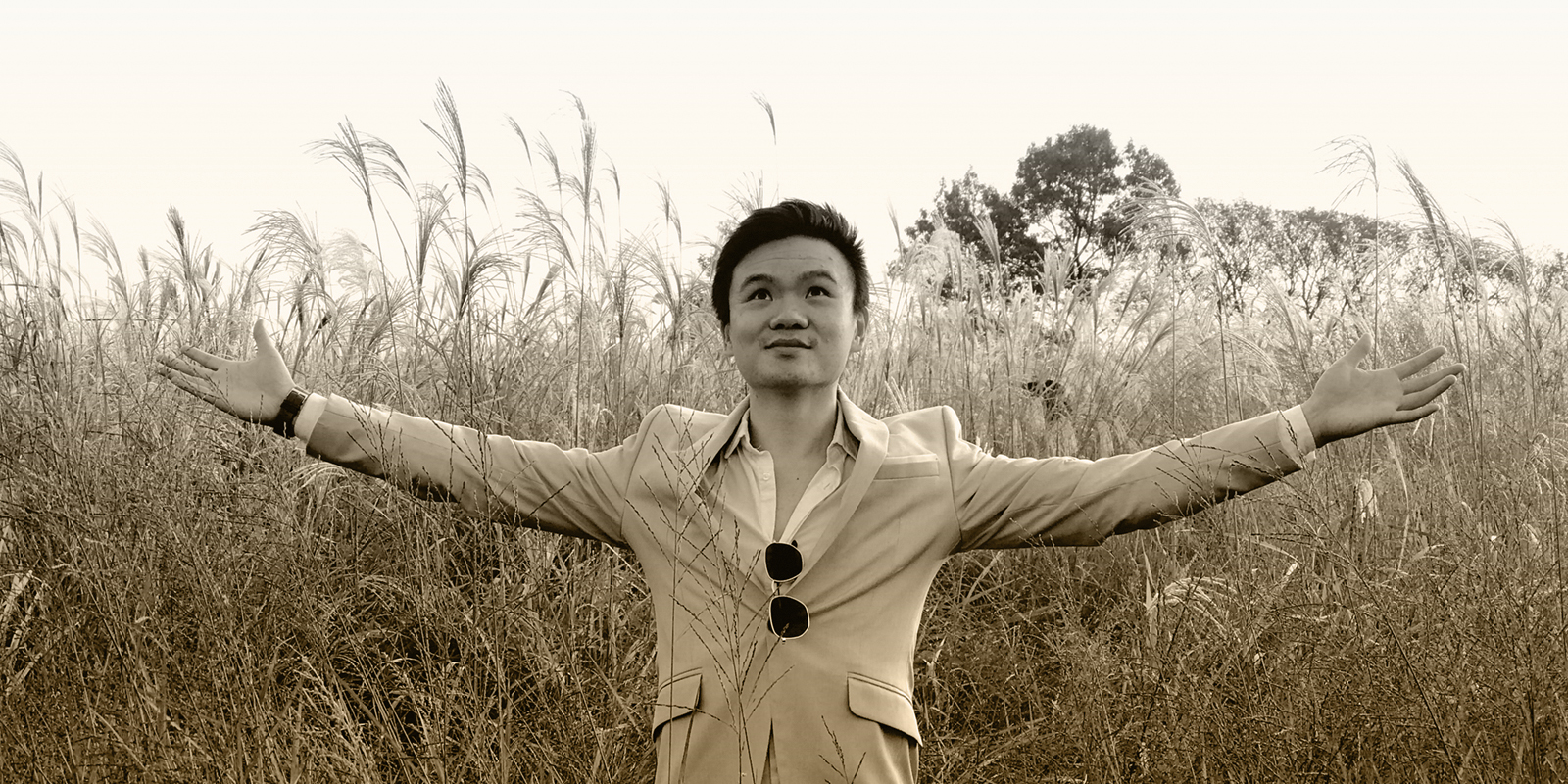
A lack of love permeated my childhood. No violent abuse. Merely a lack of love. My roots are in the rural American South, where my parents immigrated from China in 1986. Penniless, my parents bargained for shifts at a factory to subsist right on the poverty line. I was born. My early photographs look plucked out of history, draped with hand-me-downs from communist 60s and 70s, until twelve years old. Most days, my parents toiled until 3AM. Like from a children’s novel, I grew up in a literal closet at my parents’ workplace — drawing and dreaming of a different life, unseen.
Neglect paved a path to disobedience and truancy. My teenage self could be found ditching class on a dirt road with Miller Lite, marijuana, and low grade party drugs. Once, a police officer pulled over to drop me off at a friend’s house. It was that sort of town.
My family lived in the small world between two trailer parks. My then best friend now serves time for a cocaine felony. Another close friend, in his forties, routinely evaded law enforcement in the woods behind our neighborhood. Between his escapes, we smoked and watched MMA. My first romantic partner had a drug addict for a single parent. Her mother’s addiction led to their eviction. She lost everything.
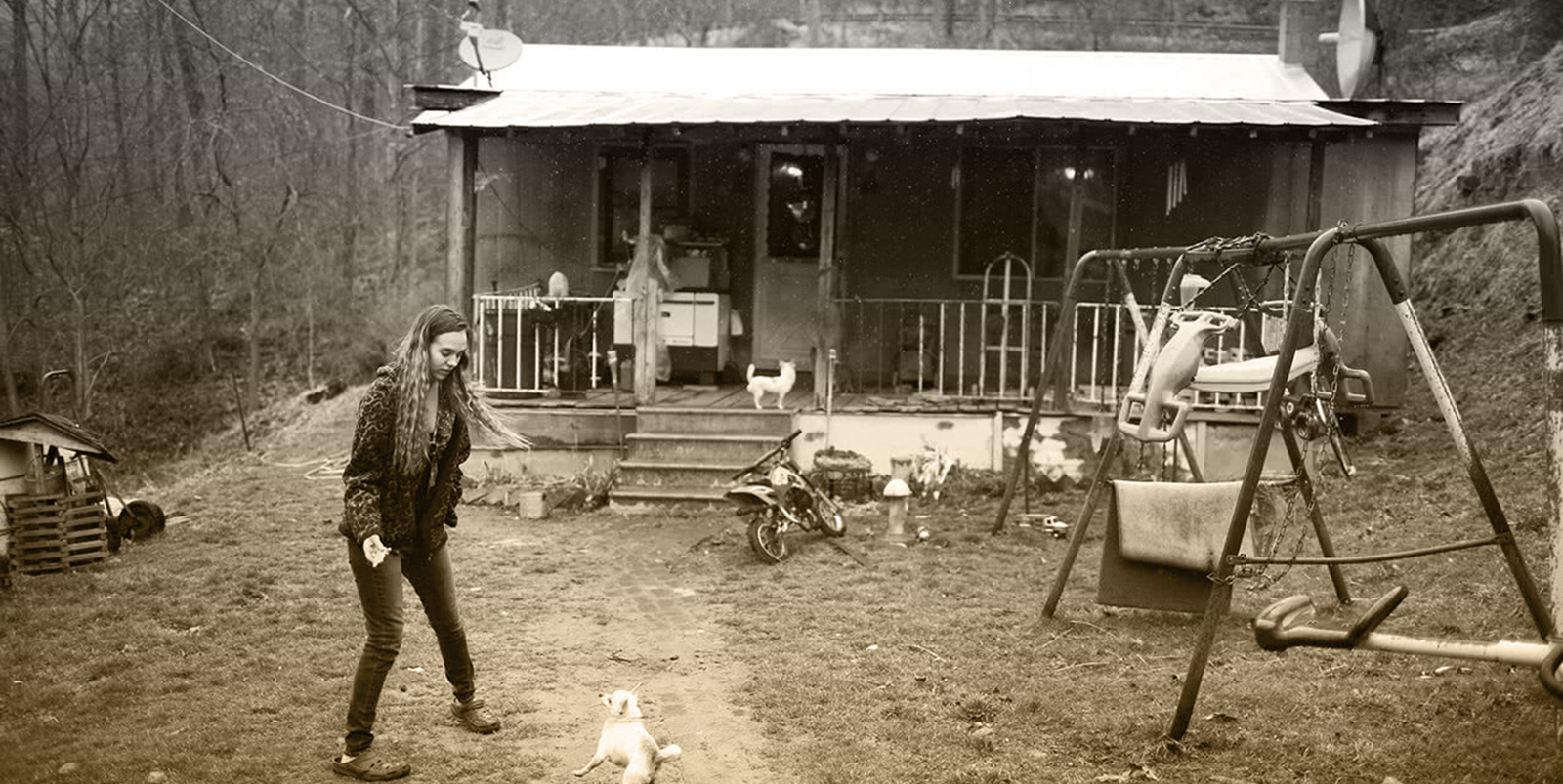
My mother drove me to church every Sunday. Neither of us believed, but the desire for faith can sometimes suffice. We yearn to be told that we are enough for our own dreams. Song and dance flooded the church. A lifetime later, Pragya would introduce me to Rumi and whirling dervishes. But even then, without knowing the language for god, worship washed over me.
After church, my mother worked with me to confront nursing college through her broken English. Becoming a nurse was her aspiration. The income would later transform my family’s life. Yet these were the fleeting few memories we share. As she graduated at the top of her class, I left for university, never to return. I was sixteen years old.
The quintessential college experience eluded me. I held two jobs, including one at an inner city community school, to afford living in the basement of one of the most dangerous five blocks in Atlanta. Every few days: a mugging, shattered window, front door kicked in. One of my coworkers died on his knees in a gang initiation.
Ours must be a godless world, I thought. Life did not feel kind.
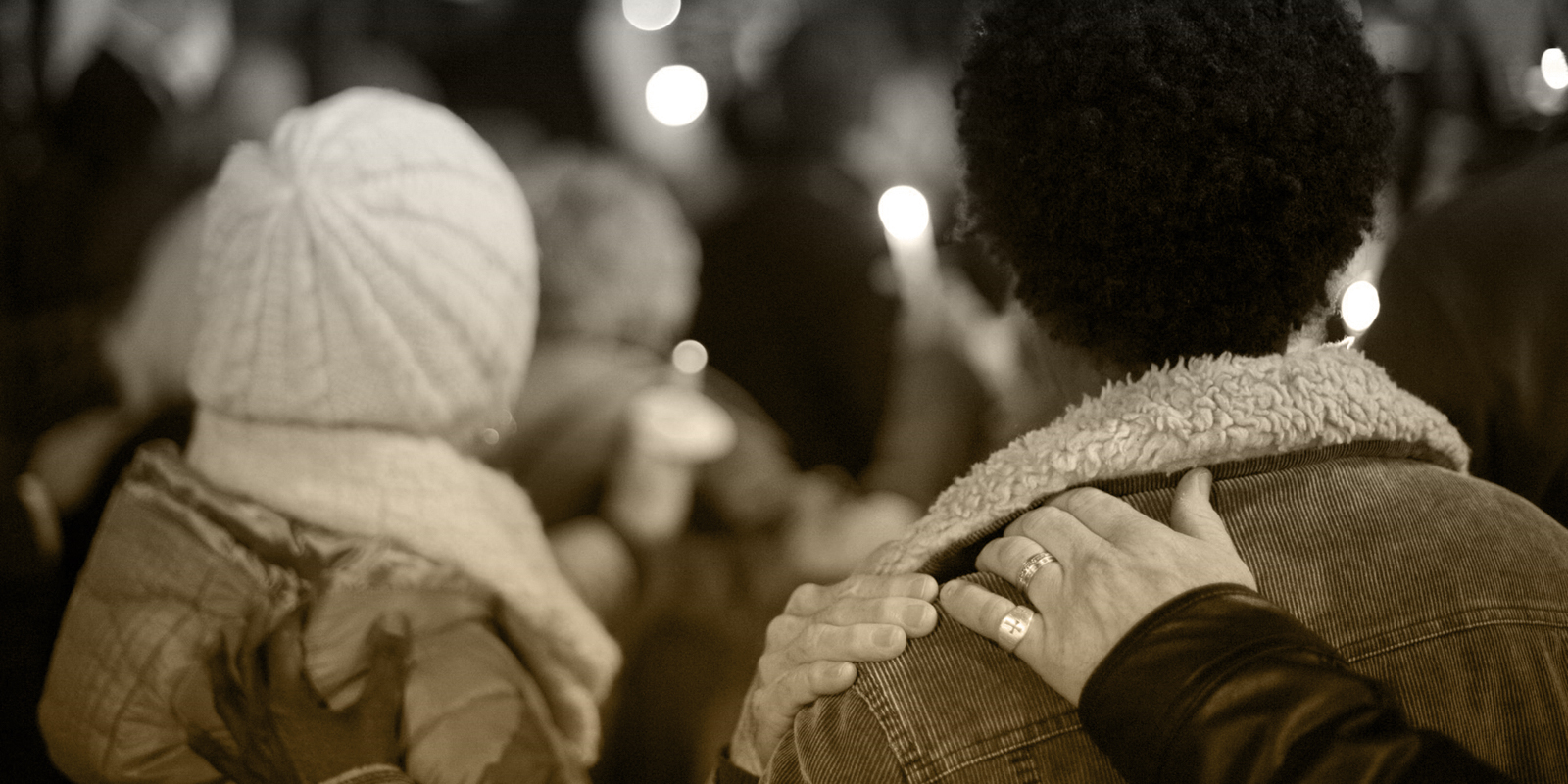
But god approached me at a shelter for child trafficking survivors where I volunteered. Their stories narrated a different image of god. Divinity was not callous; divinity was powerless. From the pit of darkness, these young women conjured strength into existence. As if they peered into the night sky, observed the glimmer of hopeful stars, and declared that light is winning. They were their own saviors.
Life continued until I collapsed. After graduation, estranged from family, isolated without friends, I failed job interviews one by one by one by one. For a year, I outlasted housing and food insecurity with $4000 in a hostel among seventeen housemates arguing over a single bathroom.
One fateful morning, I pleaded god for stamina. God, in a perfectly frustrating answer, offered to let me try to carry the hardships of the lives around me. This offer became my lifeline.
I got up, but I was still wandering lost. Hungry and poor, I deferred to the morality of the oppressors for guidance. Somewhere amidst the trove of white men's power and knowledge and wealth, among the silicon and ivory towers, must be the secret to alleviating suffering. Almost a decade passes.
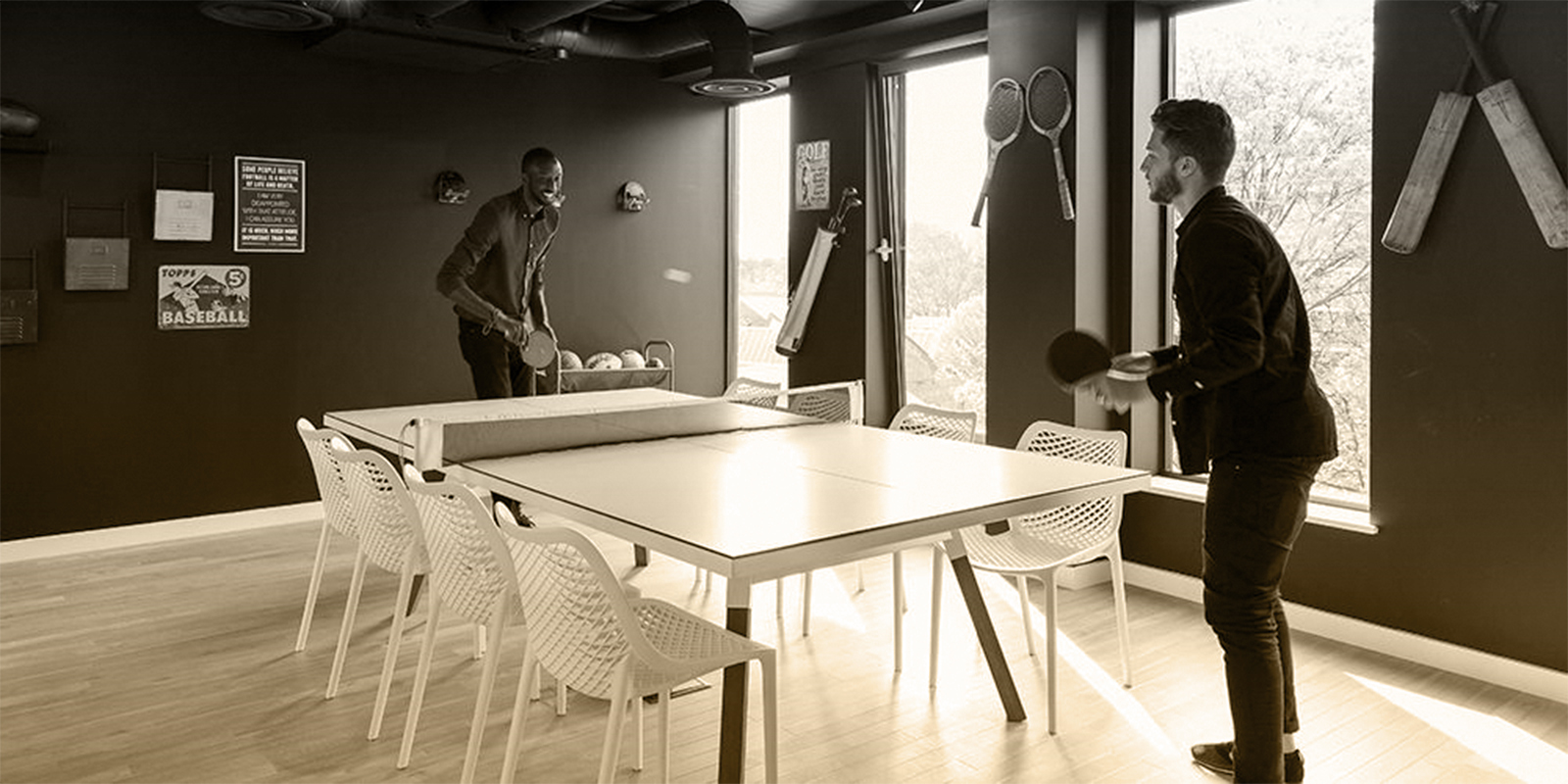
Of course, I was wrong. Summer 2018. In the opulent headquarters of a billion-dollar Silicon Valley firm, I read the WhatsApp chat of Palestinians living under airstrikes. Pragya, working with them, forwarded me their messages.
Technically, it was a workday for us both. My bubble tea order just arrived. A bomb flattened a building half a mile away. A member of the group left the chat to run towards the bombing to help. Tech workers milled around me, planning to attend a government endorsed Women’s March under the illusion of activism. I found my godless world.
Others pay for the heavy price of willful ignorance. One Californian nonprofit, staffed by growth marketers and Ivy League graduates, raised over $10 million on the promise that “100% of its funds go to its programs to rescue North Korean lives.” Faces of rescued children adorn their campaigns. Years later, I encountered the man solely responsible for nearly all of these rescues. He described a stark and contrary situation.
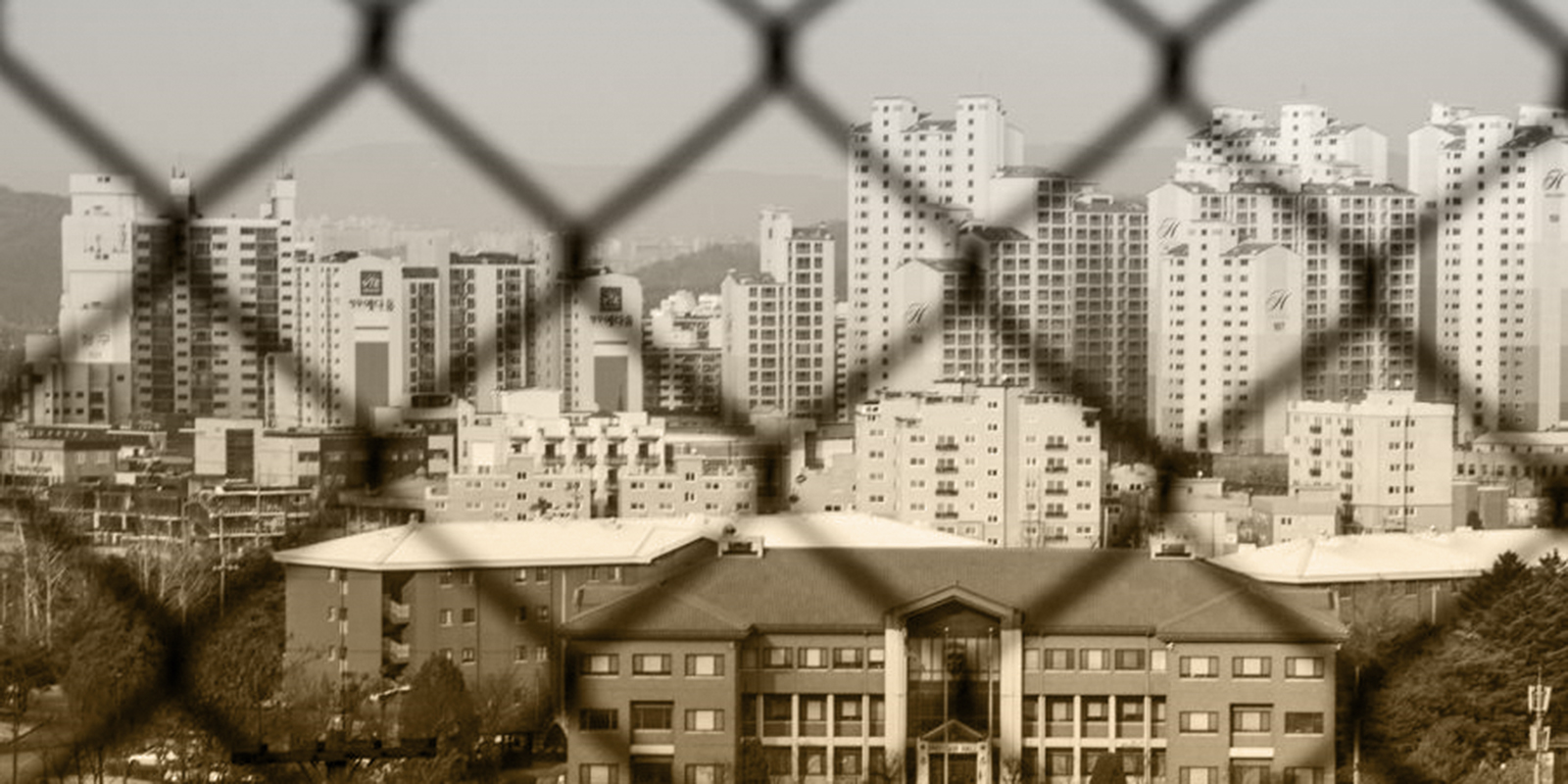
Over the past decade, he embarked on a thousand rescues. Bribes, transport fares, and food costs add up. Before each mission, he’s compelled to accept promises. A single person, out of the hundred-person staff, of the nonprofit has ever interacted with the broker. And his contact can sporadically stop communications and payments mid-rescue.
Time and time again, the broker decided the impossible: Who lives? Hidden among his thousands of successful rescues are hundreds of lives forfeited. Rescues jeopardized; they were left to the wolves. He served years incarcerated in foreign prisons. He, a refugee as well, lives in poverty. His exhaustion shows.
To the angry family members of the lost, his face is that of a liar and murderer. To Western audiences, the Californian nonprofit is the pristine image of social change. Millions of dollars in laundered morality — where did it go?
I sought god in the seat of power. But god is not callous; god is powerless. God gives when she has none.
OutBrave means strength from the darkness. For me, OutBrave is my long walk to god. We meet extraordinary humans like the broker, like the team in Palestinian, shepherds of smallholder farmers, champions of vulnerable women, and myriad more. We work with them to thoughtfully rebuild their communities from the ashes. Every day, I witness god in her truth: as unshakeable, neverending love.
